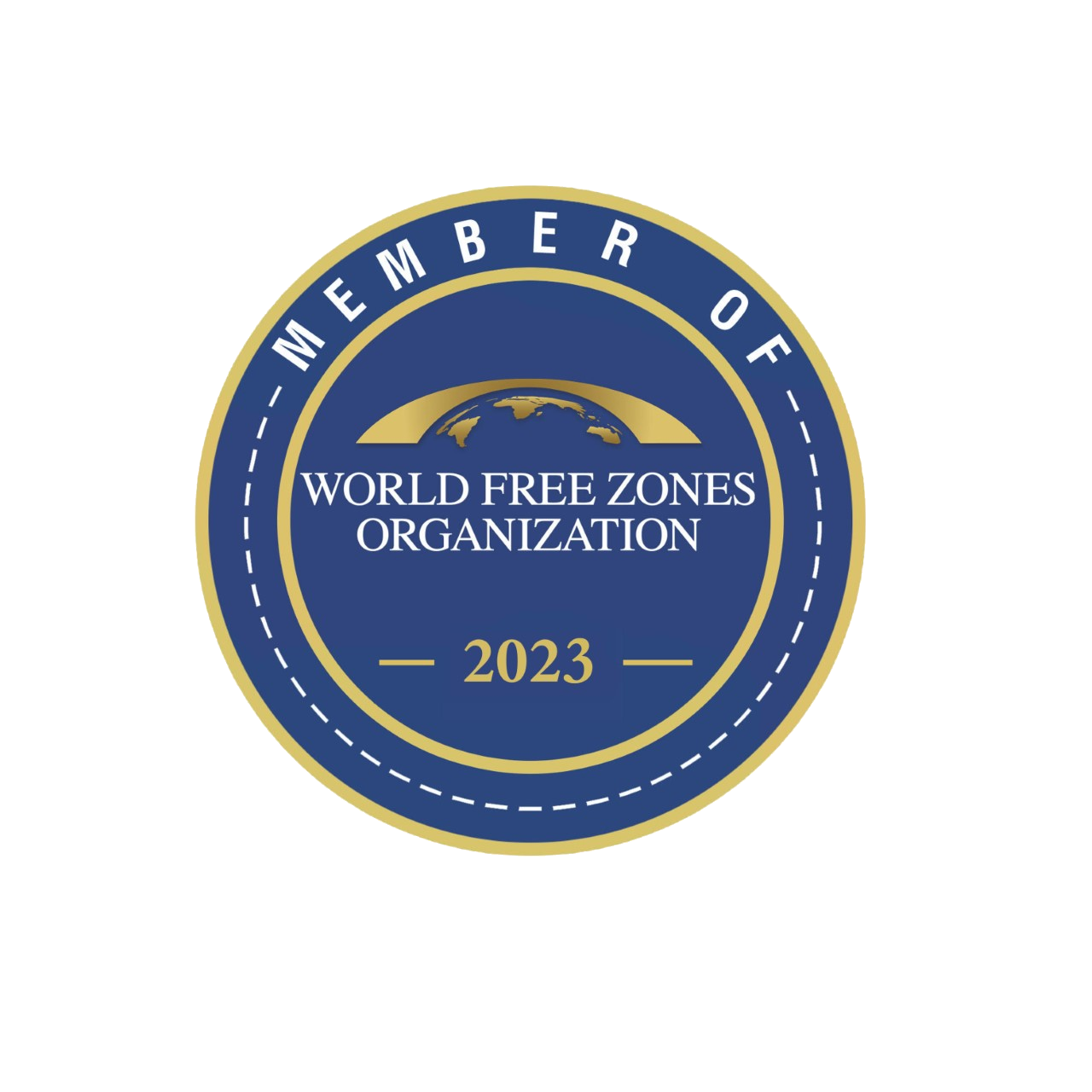Why Is Islamic Finance So Popular in the West?
Islamic finance is a system of financial intermediation that is consistent with the principles of sharia, or Islamic law. At its core, Islamic finance prohibits the charging or paying of interest, which is considered usury (riba) and is haram (forbidden) under Islamic law. Instead, Islamic finance promotes the principle of risk-sharing, where profits and losses are shared among the parties involved in a financial transaction. Other principles of Islamic finance include the prohibition of speculative investments (gharar), the promotion of social justice and ethical investments, and the use of real assets as collateral.
In practice, Islamic finance takes several forms, including Murabaha (cost-plus financing), ijara (leasing), Mudharaba (profit-sharing), and Sukuk (Islamic bonds). These financial instruments are designed to align the interests of the lender and borrower and to promote economic growth and social development.
B. Explanation of the growing popularity of Islamic finance in the West:
Islamic finance has been growing in popularity in the West in recent years for several reasons. Firstly, the global Muslim population is projected to continue to grow in the coming decades, and there is increasing demand for financial products and services that are compliant with Islamic principles. Additionally, as more and more people in the West become conscious of the need for socially responsible and ethical investments, the principles of Islamic finance, which prohibit investments in certain industries such as tobacco and alcohol, and encourage investments in sectors such as healthcare and education, have become increasingly appealing.
Moreover, the global financial crisis of 2008 has led to a loss of trust in the conventional financial system and increased interest in alternative forms of finance such as Islamic finance. This interest has been further fueled by the success of Islamic finance in countries such as Malaysia and the UAE.
Western governments and businesses have also recognized the potential benefits of Islamic finance, including access to new markets, customers, and capital. As a result, several Western countries have taken steps to create an enabling environment for Islamic finance, such as by issuing Sukuk and by developing sharia-compliant financial products and services.
For these reasons, the popularity of Islamic finance continues to increase in the West, with more and more businesses, investors, and financial institutions exploring ways to participate in this market. READ MORE





Leave a Reply
Want to join the discussion?Feel free to contribute!